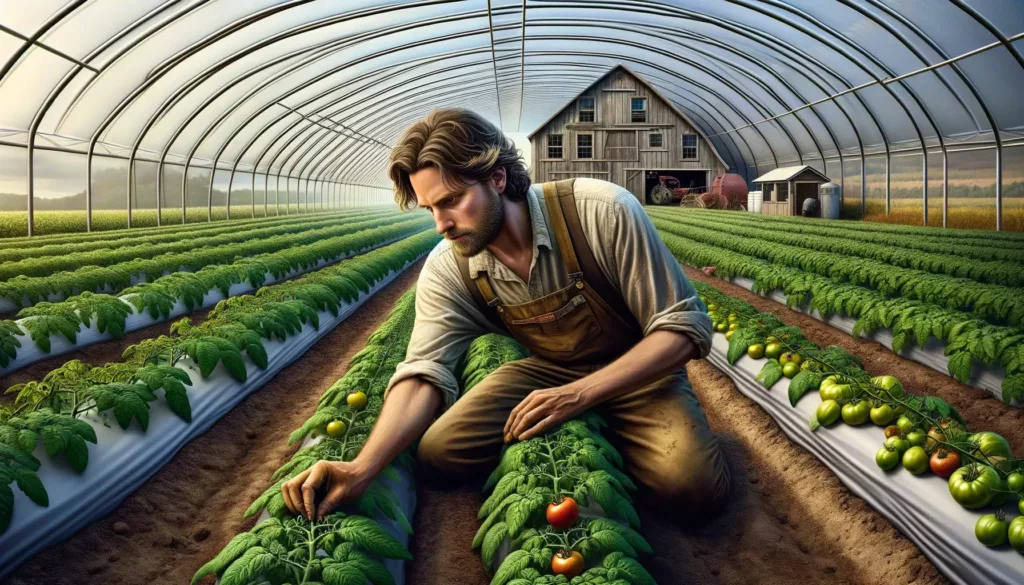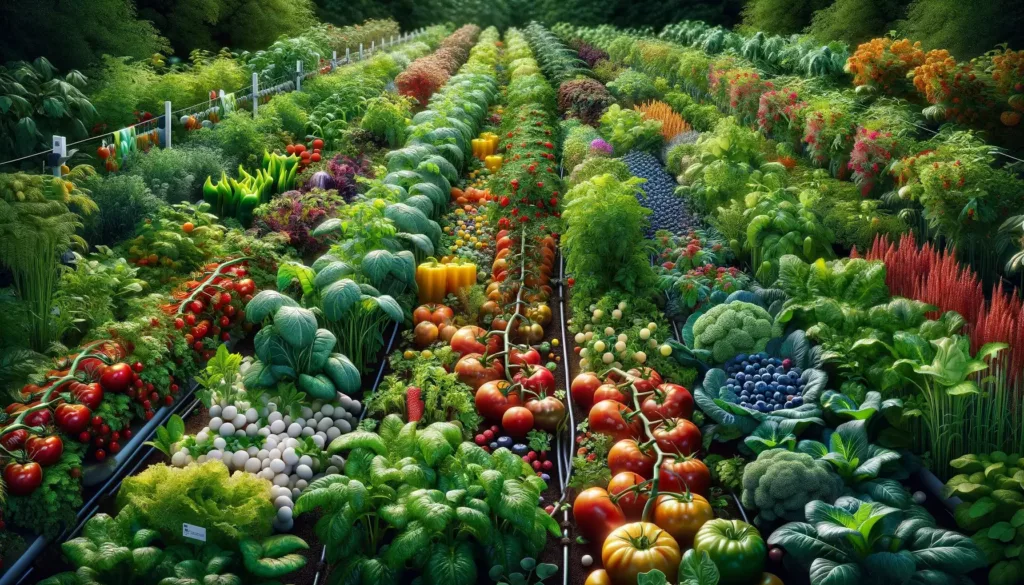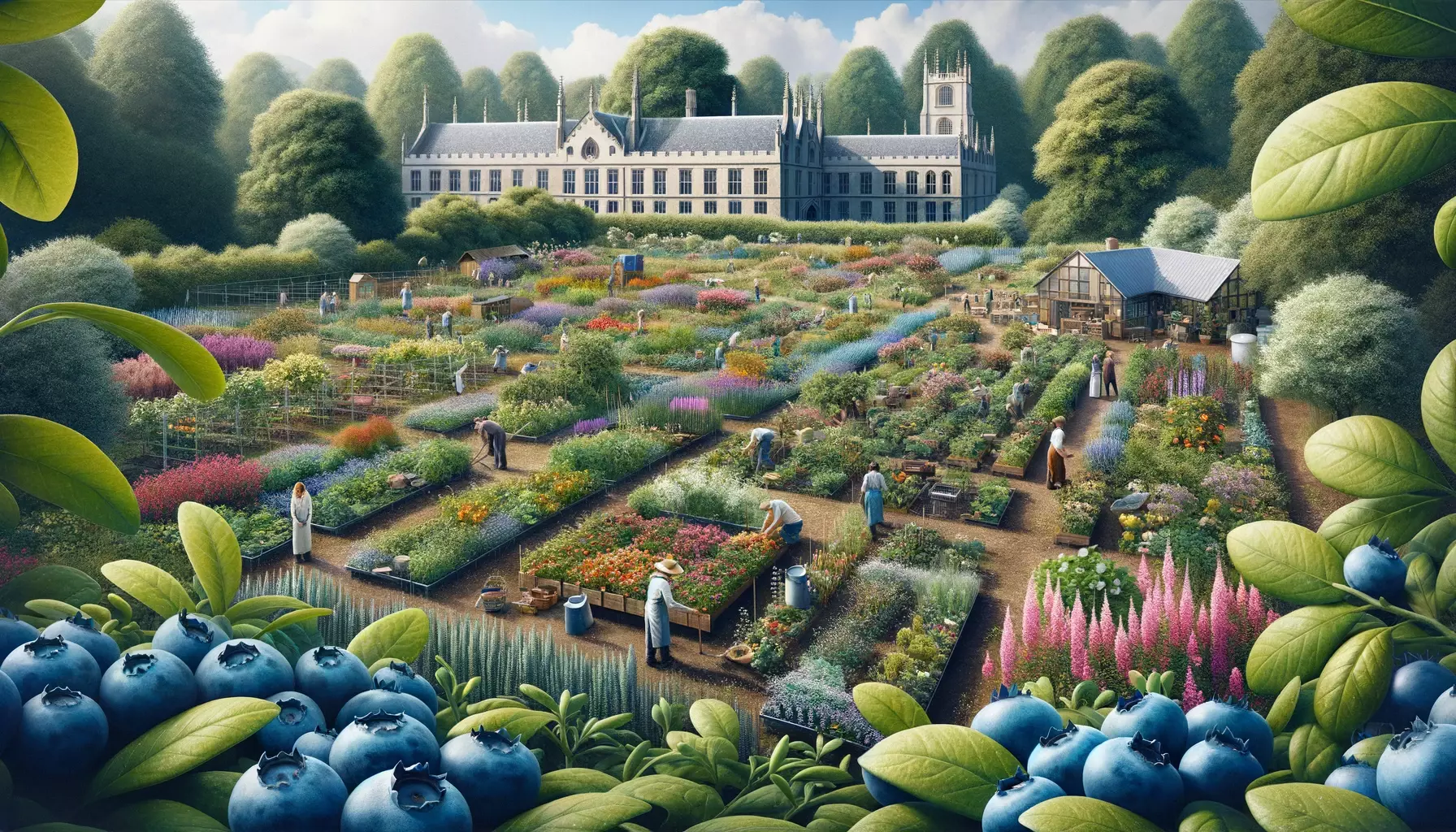Introduction: A Glimpse into Oxford Organic Farm
Located just across Oxford College, Oxford Organic Farm is a testament to sustainable agriculture. From the road, one can see blueberry bushes and flowers, but the farm’s true essence lies beyond this initial view.
The Farm’s Diverse Ecosystem
Beyond the blueberries, a world of agricultural diversity unfolds. Flowers, fruits, and vegetables grow in abundance, pollinated, planted, and harvested by dedicated individuals. This process continues throughout the year, ensuring a steady supply of fresh produce for the dining hall, hospital pantries, and Community Supported Agriculture (CSA) boxes.
The Foundation of Oxford Organic Farm
Established in 2014, the farm spans three acres out of an 11-acre parcel donated by an Emory alumnus. It was developed to supply fresh produce to Emory’s dining and hospital services and provide an educational platform. Daniel Parson, an experienced organic farmer, was brought on board to bring this vision to life.

The Journey from Grass Yard to Fertile Soil
Parson’s journey began with soil testing, constructing a barn, and installing high tunnels for climate-controlled farming. His approach emphasized eco-friendly methods, such as using a rain garden for run-off water and implementing integrated pest management instead of chemical pesticides.
The Lifeblood of the Farm: Its People
Even during summer, when students are away, the farm remains a hub of activity. It employs students and full-time staff, including farm apprentices and a post-harvest manager. These individuals are crucial to the farm’s daily operations and its educational mission.
Educational Integration and Student Involvement
The farm plays a significant role in Emory’s environmental sciences curriculum and other interdisciplinary programs. Students, like Grace Chou, engage in various farm activities, gaining insights into the intersection of agriculture with other fields like sociology and economics.
A Hub for Research and Community Engagement
Apart from being a source of fresh produce, the farm serves as a research site and community hub. Its CSA program fosters community ties, and the farm’s practices aim to educate visitors about biodiversity and sustainability.
Adapting to Climate Change
With climate change impacting farming patterns, the Oxford Organic Farm adapts by diversifying crops and improving soil organic matter. These practices not only aid in weather resilience but also contribute to carbon storage.

Conclusion: A Living, Breathing Ecosystem
Oxford Organic Farm stands as a vibrant example of sustainable agriculture. It’s a place where everything, from the rustle of leaves to the buzz of pollinators, contributes to an ecosystem that’s both productive and educational.
